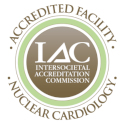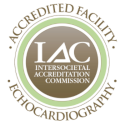You have been scheduled for an Exercise Myocardial Perfusion Study (sometimes called a Cardiolite Stress Test or Thallium Stress Test), which involves the use of small amounts of radioactive materials. The level of radioactivity used is extremely low and will not make you feel any different.
What is it?
A nuclear stress test measures blood flow to your heart muscle both at rest and after stress on the heart. It’s performed similarly to a routine exercise stress test, but provides images that can show areas of low blood flow through the heart and areas of damaged heart muscle.
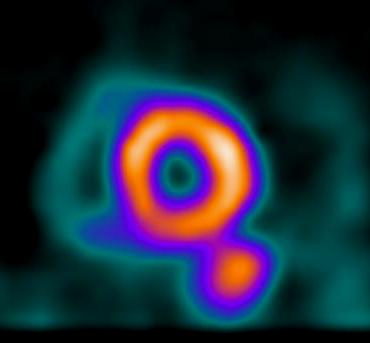
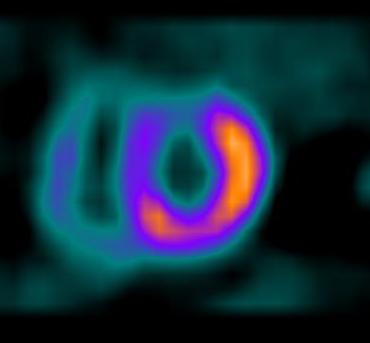
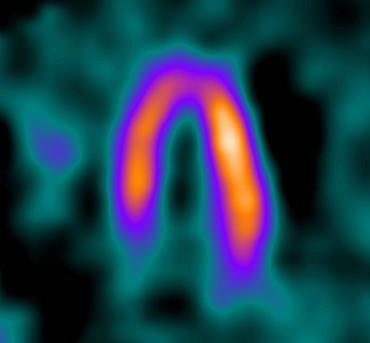
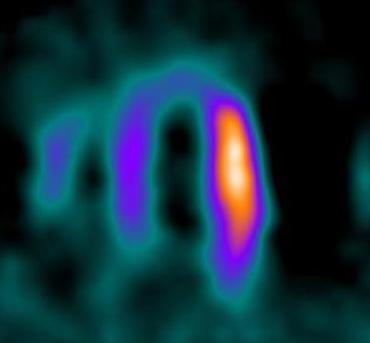
A nuclear stress test involves taking two sets of images of your heart — one set while you’re at rest and another taken after a treadmill or chemical stress test. This valuable imaging test is used to gather information about how well your heart works during physical activity and at rest.
You may be given a nuclear stress test if your doctor suspects you have coronary artery disease or another heart problem, or if an exercise stress test alone wasn’t enough to pinpoint the cause of symptoms such as chest pain or shortness of breath. A nuclear stress test may also be recommended in order to guide your treatment if you’ve already been diagnosed with a heart condition.
Preparation for the Procedure
You should not have any food or drink after midnight before your test. You must not have any products containing caffeine twenty four hours before the exam (ie. no decaf or regular coffee, no decaf or regular tea, cola, chocolate, anacin, excedrin, etc.). Your physician will instruct you regarding your medications. Typically, you will be instructed to not take any of your medications on the day of your test. Please wear or bring comfortable clothing and shoes as you may be asked to exercise on a treadmill. Please inform the technologist if you are pregnant or breast feeding. The imaging may be changed, or special instructions given based upon that information.
What to Expect
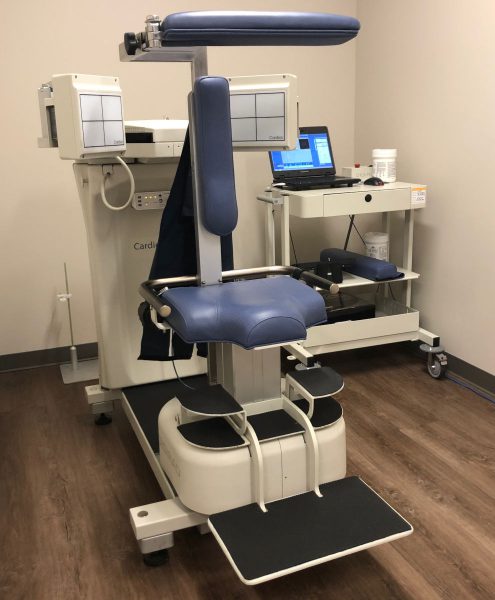
Once in the exam room an IV will be started in your arm and you will be injected with Tc99m Sestamibi. After a 45 minute to one hour wait, you will sit in our new Digirad camera that is equipped with two small detectors. This camera will acquire a series of images of your heart. This scan will take approximately 10-20 minutes, depending on your size.
You will then be prepped for an EKG and exercise on a treadmill with a doctor present. In certain cases a special medication, called Lexiscan, will be injected to aid in stressing your heart instead of exercising on a treadmill. At peak exercise you will receive another injection of Tc99m Sestamibi. Following your stress test there will be a thirty to sixty minute wait at which point you will return to the camera and a second set of pictures of your heart will be taken. This set will take approximately 6-10 minutes.
The entire procedure usually takes 2 1/2 to three hours. You will be able to return to your normal activity after the test unless instructed otherwise.
The images acquired with the camera will be reviewed and the results will be sent to your physician. Your physician will discuss these results with you and explain what they mean in relation to your health. Typically, you’ll receive the results of your test within 1-2 days.


